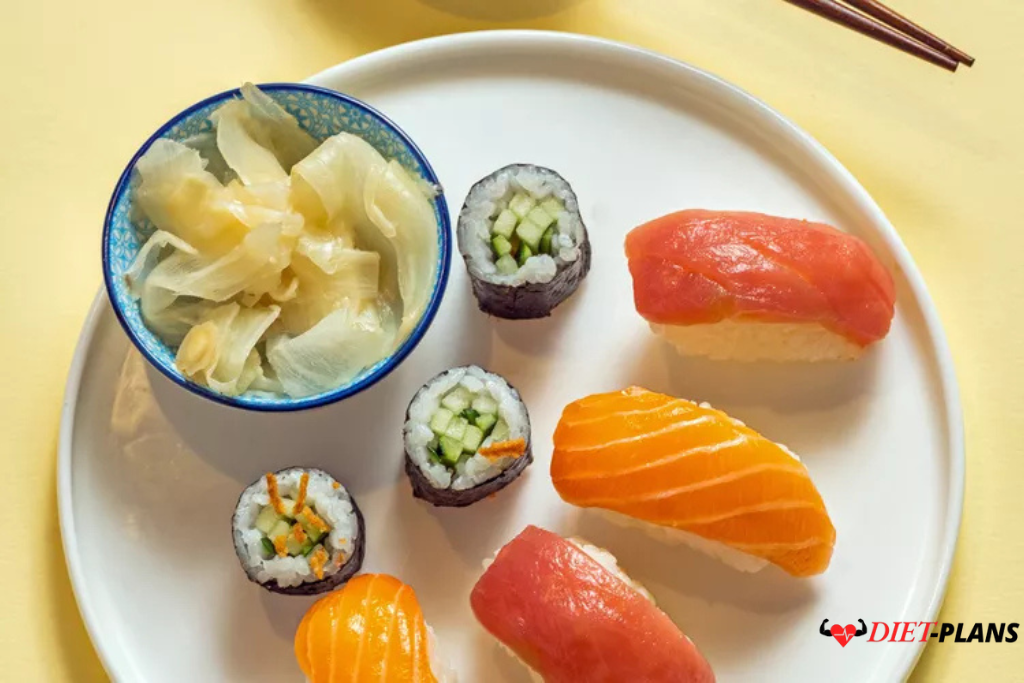Five Dinnertime Foods to Aid with Digestion
Ultimately, your eagerly anticipated supper is most likely the only thing on your mind. On your way home, you might buy a fast food sandwich or eat a cheesy bowl of spaghetti, but you’re searching for something quick, simple, and just as filling. It’s difficult to predict how your body will respond after you’ve stopped eating since, even though you’ve eaten dinner, your body is still beginning to break down the food. Consider including a handful of these filling items in your final meal of the day if that seems a little too familiar.
Before getting started, it’s crucial to remember that finding nutritious meals isn’t always simple. According to functional medicine and nutrition specialist and certified nutritionist Elyse Wagner, people may get autopilot due to the stress of everyday obligations. They thus consume anything they can find, frequently while experiencing worry. According to Wagner, “By slowing down blood flow to our digestive organs, chronic stress can alter our gut digestive system and cause the gastrointestinal tract to freeze up.” “It can hinder the breakdown of food and release of its nutrients by slowing down the production of saliva and vital digestive enzymes.” We may better understand and be more conscious of our eating patterns if we comprehend the cause-and-effect relationship we have with food.
How Does Digestion Affect Gut Health?
Unbelievably, our capacity to digest food is closely related to the condition of our gut. Our gut microbiota breaks down nutrients and distributes them throughout our body via interacting with our blood, digestive system, hormones, neurons, and bacteria, according to the National Institutes of Health (NIH). Poor digestion may “lead to issues like bloating, discomfort, nutrient deficiencies, and even systemic inflammation, as well as mental and emotional challenges like anxiety and depression,” according to Wagner. Poor gut nutrition causes poor digestion.
What Takes Place in Our Bodies When We Sleep?
Even if not everyone who goes to bed feeling full hasn’t finished their meal, those who haven’t finished their meal usually do so, and it quickly affects our mental and physical health. Wagner highlights its effects on our body, mind, and mood by explaining that “when we don’t properly digest our food because we’ve eaten too much or we’re too stressed, it can lead to disrupted sleep patterns and discomfort throughout the night, impacting our ability to wake up feeling refreshed and energized in the morning.” You’re disregarding your mental well-being in addition to your physical comfort.
Items to Consume to Aid in Digestion
Lean Protein
Nutrient-dense and low in fat, lean proteins—such as salmon, eggs, beans, and nuts—are ideal for promoting better digestion. When you eat lean proteins with awareness, you’ll encourage the production of stomach acid, which breaks down food, speeds up your metabolism, and still makes you feel full.
Ginger
Ginger may not be your first choice for dinner, but eating it in all of its forms can aid in digestion. Because ginger increases saliva flow and improves gastrointestinal motility, the more ginger we eat, the more easily our food will digest. It won’t be as enjoyable, but the advantages will make it worthwhile to finish dinner with a ginger shot, for instance.
Greens with Leaves
We are aware that most individuals aren’t very fond of leafy greens. Nonetheless, they offer sufficient fiber and nutrients to support digestion and give your body energy. Certain sugars found in leafy greens like spinach, kale, and arugula also support good gut flora. Your chances of success increase with the amount of leafy greens you consume.
Herbal Teas
Not a food, but herbal teas pair nicely with any meal. “Drinking herbal teas like ginger, peppermint, or chamomile after dinner can soothe the digestive system and promote better digestion,” explains Wagner. After you’re finished with supper, consider brewing yourself a hot cup of tea to relax the gastrointestinal tract and lessen any pain.
Probiotic Soda
Probiotic sodas are not only flavorful and delicious; they’re also helpful for digestion. They’re rich in fiber, aid with digestion, and increase the activities of our immune system. While they shouldn’t be used as replacements for fiber meals, they’re a terrific way to top off that supper you just had.

